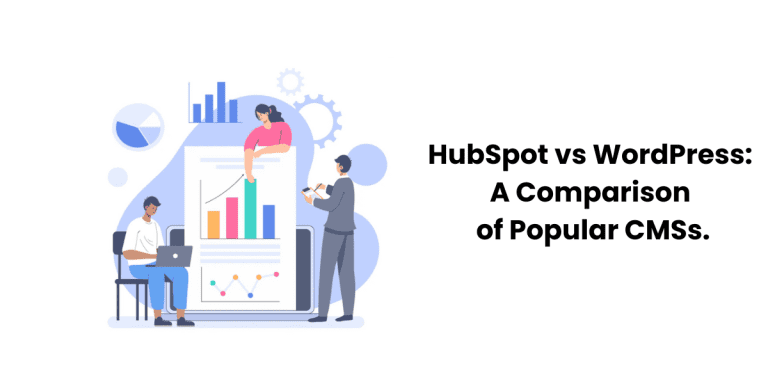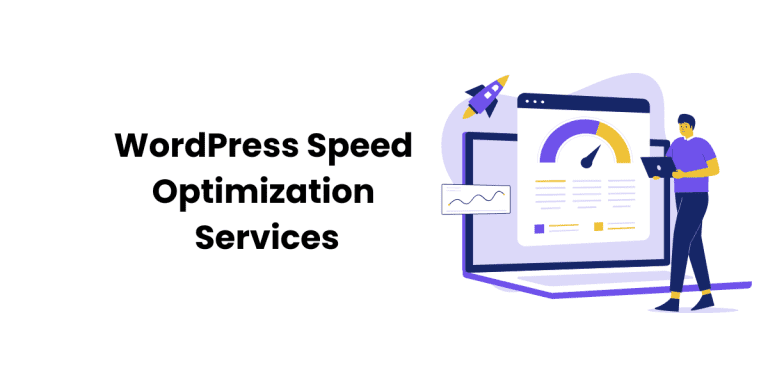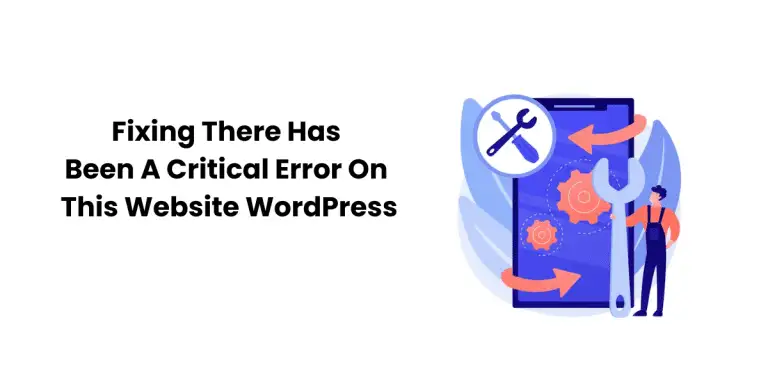Joomla is a free and popular content management system (CMS) that powers millions of websites worldwide. Just like any software, Joomla releases updates to improve functionality, fix bugs, and enhance security. However, upgrading Joomla can sometimes lead to issues. This article will guide you through common Joomla upgrade issues and how to resolve them.
Understanding Joomla Upgrade Issues
Joomla upgrade issues are problems that occur when you try to update your Joomla version. These issues can range from minor glitches to major problems that can break your website. They occur due to various reasons such as incompatibility of extensions or templates with the new Joomla version, deprecated functions, database errors, and PHP version compatibility issues.
Common Joomla Upgrade Issues
Extension Compatibility Issues
Extensions add extra features to your Joomla site. However, not all extensions are compatible with every Joomla version. When you upgrade Joomla, some extensions may not work properly, leading to errors on your site.
Template Compatibility Issues
Templates define the look and feel of your Joomla site. Similar to extensions, not all templates are compatible with every Joomla version. If a template is not compatible with the Joomla version you’re upgrading to, it can cause your site to display incorrectly or even break.
Deprecated Function Errors
Over time, Joomla phases out certain functions in favor of newer, more efficient ones. If your site uses these deprecated functions, you might encounter errors when you upgrade Joomla.
Database Errors
Sometimes, the Joomla upgrade process can lead to database errors. These can occur if the upgrade process doesn’t complete correctly, or if there are issues with your database server.
PHP Version Compatibility Issues
Joomla is built on PHP, a popular scripting language. Different Joomla versions require different PHP versions. If your server’s PHP version is not compatible with the Joomla version you’re upgrading to, it can cause issues.
Requirements for Joomla! 4.x
| Software | Recommended | Minimum[7] | More Information |
|---|---|---|---|
| PHP | 8.0 | 7.2.5 | https://www.php.net |
| Supported Databases | |||
| MySQL | 5.6 + | 5.6 | https://www.mysql.com |
| PostgreSQL | 11.0 + | 11.0 |
(ext/pgsql support in PHP has been removed. Now uses the PostgreSQL PDO Driver) |
| Supported Web Servers | |||
| Apache[3] | 2.4 + | 2.4 |
(with mod_mysql, mod_xml, and mod_zlib) |
| Nginx | 1.18 + | 1.10 | https://www.nginx.com/resources/wiki/ |
| Microsoft IIS[6] | 10 + | 8 | https://www.iis.net |
SEO and URL Rewriting Issues
Upgrading Joomla can sometimes lead to SEO and URL rewriting issues. This can affect how your site’s URLs are displayed and how search engines index your site.
Deep Dive into Specific Issues
Now that we’ve identified the common Joomla upgrade issues, let’s delve deeper into each one, understand why they occur, and explore possible solutions.
Extension Compatibility Issues
When you upgrade Joomla, some extensions may not work as expected because they are not compatible with the new Joomla version.
For example, an extension might use functions that are deprecated in the new Joomla version, leading to errors. To fix this, you can check if the extension developer has released an update that is compatible with the new Joomla version. If not, you might need to find an alternative extension that offers similar functionality.
Template Compatibility Issues
Just like extensions, templates can also cause issues when you upgrade Joomla. If a template is not compatible with the new Joomla version, it can cause your site to display incorrectly. To resolve this, you can check if the template developer has released an update that is compatible with the new Joomla version. If not, you might need to switch to a different template.
Deprecated Function Errors
Deprecated function errors occur when your site uses functions that Joomla has phased out. To fix these errors, you need to update your site’s code to use the newer functions that Joomla recommends. This might require some knowledge of PHP and Joomla’s API.
Database Errors
Database errors during a Joomla upgrade can be tricky to resolve because they can be caused by various issues. For example, the upgrade process might not complete correctly due to a server timeout, or there might be issues with your database server. To fix these errors, you might need to consult with your hosting provider or a Joomla expert.
PHP Version Compatibility Issues
If your server’s PHP version is not compatible with the Joomla version you’re upgrading to, it can cause issues. To resolve this, you can ask your hosting provider to update the PHP version on your server. However, before doing this, make sure that all your site’s extensions and templates are compatible with the new PHP version.
SEO and URL Rewriting Issues
SEO and URL rewriting issues can affect how your site’s URLs are displayed and how search engines index your site. To fix these issues, you might need to adjust your site’s SEO settings or update your .htaccess file. This might require some knowledge of SEO and web server configuration.
Preventing Joomla Upgrade Issues
Preventing Joomla upgrade issues is better than fixing them. Before you upgrade Joomla, make sure to back up your site. This way, if anything goes wrong, you can restore your site to its previous state. Also, test the upgrade in a development environment before applying it to your live site. Finally, check the compatibility of your extensions and templates with the new Joomla version before upgrading.
How to Troubleshoot Joomla Upgrade Issues
If you encounter issues when upgrading Joomla, don’t panic. Start by identifying the issue. Check your site’s error logs and Joomla’s debug mode for clues. Then, search for the issue on Joomla’s official forums and other online resources. If you can’t resolve the issue yourself, consider hiring a Joomla developer.
Conclusion
Understanding Joomla upgrade issues is crucial for maintaining a healthy and functional Joomla site. By staying informed and prepared, you can ensure a smooth upgrade process and keep your site running smoothly.
Frequently Asked Questions
You can update Joomla through the Joomla Update component in your site’s administrator area. Before updating, make sure to back up your site and check the compatibility of your extensions and templates with the new Joomla version.
Joomla 4 offers many improvements over previous versions, including better performance, improved SEO, a more user-friendly administrator interface, and enhanced security features.
You can manually update a Joomla extension by downloading the latest version from the extension developer’s website and installing it through the Extension Manager in your site’s administrator area.




